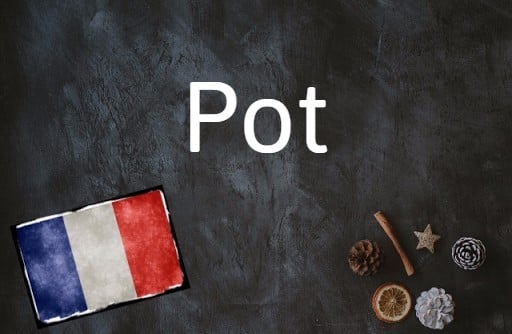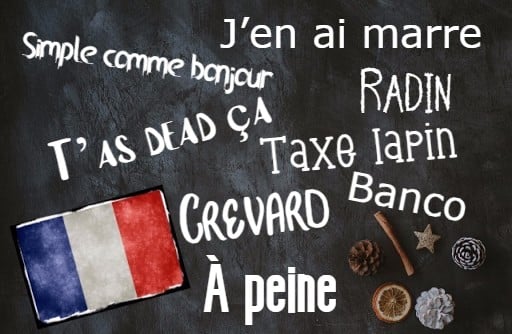Why do I need to know pot?
Because your colleagues will probably thank you if you suggest one.
What does it mean?
The word pot (pronounced ‘po’) means the same in French as it does in English, but it has a second meaning, which is more fun, because it can also refer to a drinks party.
It’s most commonly used in the office, where colleagues will come together for a drink or a snack during or at the end of the work day. So it usually refers to drinks which take place in the office, rather than at the bar. A pot doesn’t have to be with your colleagues, since the town hall or local clubs might organise them as well. But it tends to be an aperitif-style gathering, rather than a bender.
There are many different types of pot. For example:
- Un pot de départ – a leaving do
- Un pot de fin d’année – an end of year party
- Un pot de bienvenue – a welcome party
The word pot was formerly used to describe a container of wine or beer – hence the expression un pot-de-vin (a pot of wine), meaning “a bribe”. Later on, it supposedly evolved in the early twentieth century, when students began using the word to refer to any alcohol and the act of sharing a drink, before those students took the expression with them into the workplace.
In the comedy series Au service de la France (A Very Secret Service), set in the French Secret Service in the 1960s, scenes will often end with one of the characters exclaiming Il y a pot – Let’s have a party. At which point the secretary Marie-Jo arrives with the drinks trolley. Here she is explaining the ritual:
“Every party has a specific justification: someone’s promotion, their departure […] the success of a mission […] a French atomic test, a failed coup d’état, a birth, a captured terrorist, for birthdays too […] and if there was no reason for a party, it would be so extraordinary that we’d have to have a party to mark the event, so there’s a party every day.”
Use it like this
On devrait organiser un pot pour fêter l’anniversaire de Sarah – We should organise an office party to celebrate Sarah’s birthday
Les pots sont un moyen de motiver ses salariés – Parties are one way to motivate your staff
A cause du Covid, Paul n’a pas eu de pot de départ – Because of Covid, Paul didn’t get a leaving do
Not to be confused with…
Pote – friend. The two words look similar but they’re pronounced differently. In pot, you don’t pronounce the t, while pote uses the ‘t’ sound at the end of the word.
Pot is also not widely used as slang for cannabis in French, instead you would say le cannabis or, if you want something a little more street, the English word ‘shit’ is widely used as slang for cannabis in France.



 Please whitelist us to continue reading.
Please whitelist us to continue reading.
Member comments